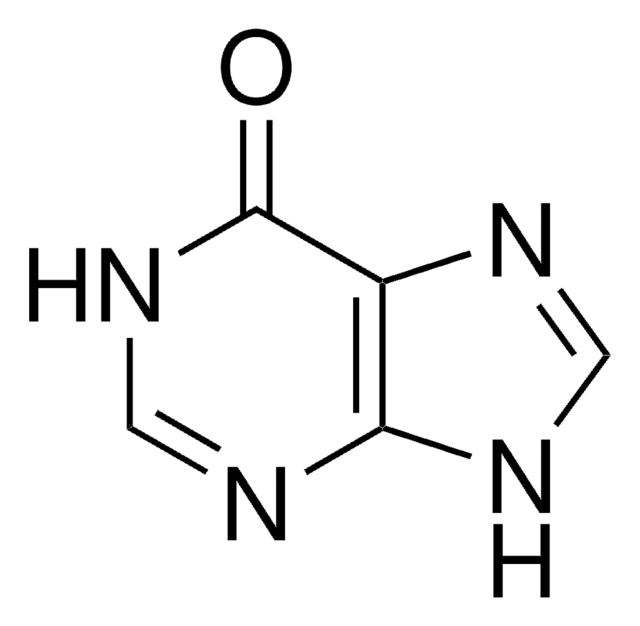I7633
IMDM
With ʟ-glutamine and HEPES, without sodium bicarbonate, powder, suitable for cell culture
Synonym(s):
Iscove′s MDM, Iscoves MDM, Iscove’s Modified Dulbecco’s Medium, IMDM
About This Item
Recommended Products
Product Name
Iscove′s Modified Dulbecco′s Medium, With L-glutamine and 25 mM HEPES, without sodium bicarbonate, powder, suitable for cell culture
form
powder
technique(s)
cell culture | hybridoma: suitable
cell culture | mammalian: suitable
components
phenol red: yes
glucose: yes
L-glutamine: yes
shipped in
ambient
storage temp.
2-8°C
Looking for similar products? Visit Product Comparison Guide
General description
Application
Quantity
Reconstitution
also commonly purchased with this product
Storage Class Code
11 - Combustible Solids
WGK
WGK 2
Flash Point(F)
Not applicable
Flash Point(C)
Not applicable
Regulatory Listings
Regulatory Listings are mainly provided for chemical products. Only limited information can be provided here for non-chemical products. No entry means none of the components are listed. It is the user’s obligation to ensure the safe and legal use of the product.
JAN Code
I7633-50L:
I7633-1L-KC:
I7633-25K:
I7633-PROC:
I7633-50K:
I7633-10L:
I7633-50KG:
I7633-VAR:
I7633-10X1L:
I7633-25KG:
I7633LF1-BIBC:
I7633-BIBC:
I7633-2X5L:
I7633-1L:
I7633-BULK:
Choose from one of the most recent versions:
Already Own This Product?
Find documentation for the products that you have recently purchased in the Document Library.
Customers Also Viewed
Our team of scientists has experience in all areas of research including Life Science, Material Science, Chemical Synthesis, Chromatography, Analytical and many others.
Contact Technical Service




